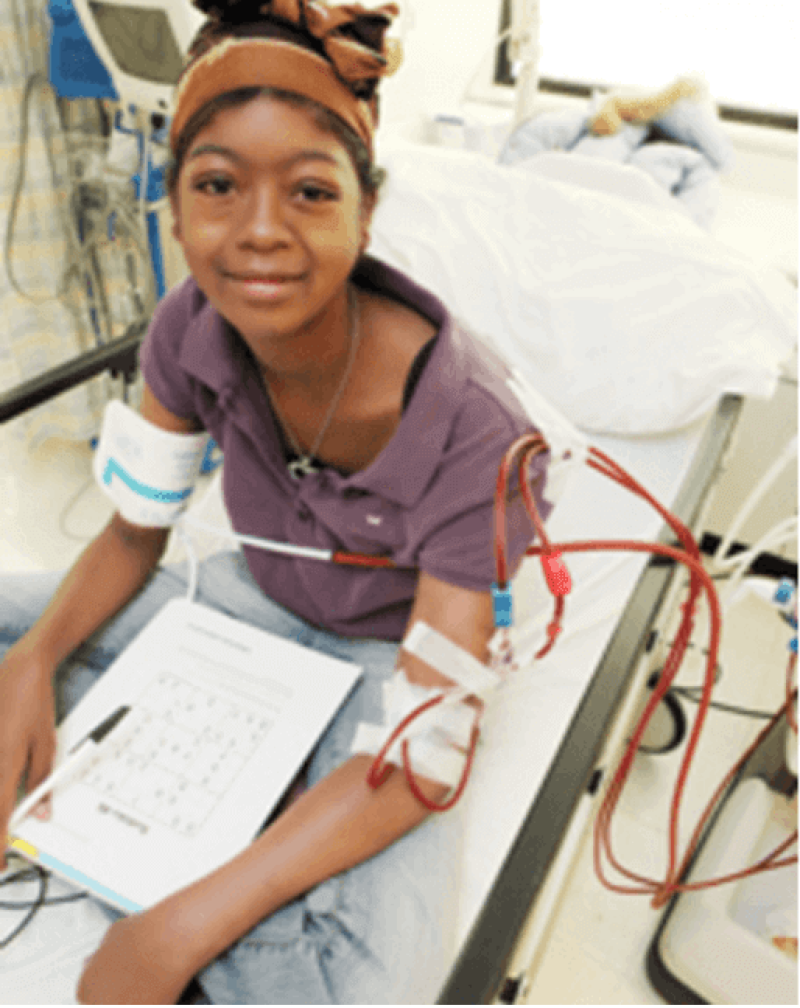While kidney disease is widespread, it disproportionately affects certain populations: African Americans and others of recent African ancestry are more than three times as likely to suffer from kidney failure as those of European descent.
Some of this disparity is attributable to the most common causes of kidney disease: diabetes and high blood pressure, both of which are more prevalent among African Americans. But there’s increasing evidence that genetics may also play a significant role in the disease. Researchers at Boston’s Beth Israel Deaconess Medical Center (BIDMC) and elsewhere have discovered that two common variations in a gene called apolipoprotein L1 (APOL1) are responsible for an increased susceptibility to several forms of non-diabetes-related kidney disease among African Americans.
This genotype is actually protective against a disease called African Sleeping Sickness….While these variants may still be of some benefit to populations living in Africa and exposed to the tsetse fly, here in the U.S. the genetic variation has little benefit and carries significant risk, particularly since there is no cure for kidney disease.
…
Increasingly, doctors are debating the merits of genetic screening and counseling for those at highest risk of carrying the APOL1 gene mutation. However, until more is known about how to prevent and treat this form of disease, the benefit of testing is unclear.
The GLP aggregated and excerpted this blog/article to reflect the diversity of news, opinion, and analysis. Read full, original post: The Genetics of a Silent Killer and the Quest for a Cure































